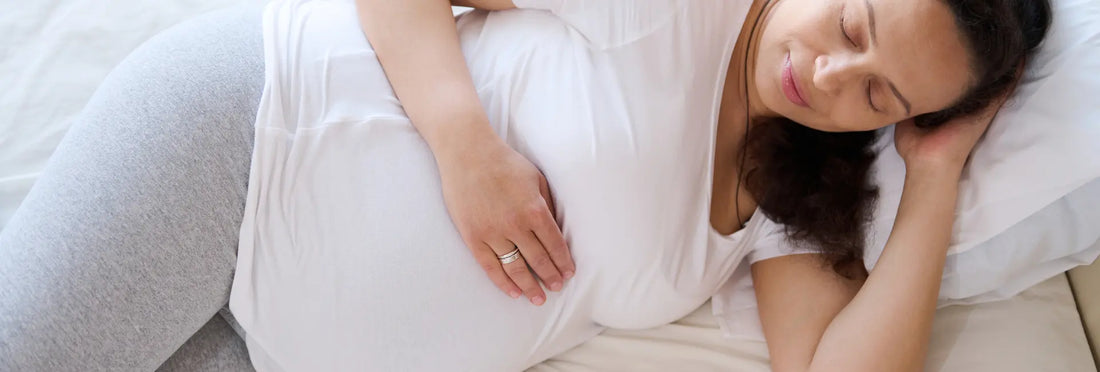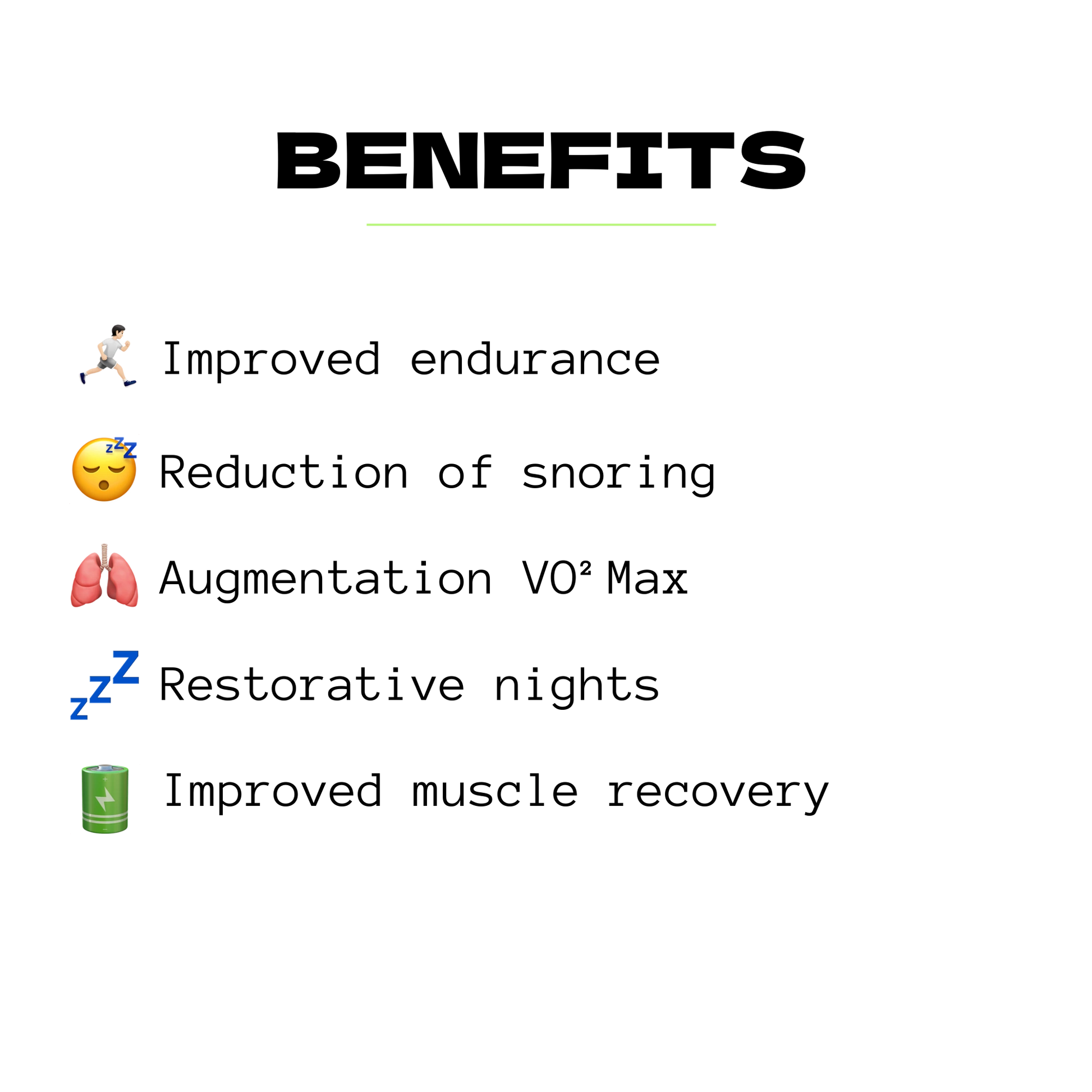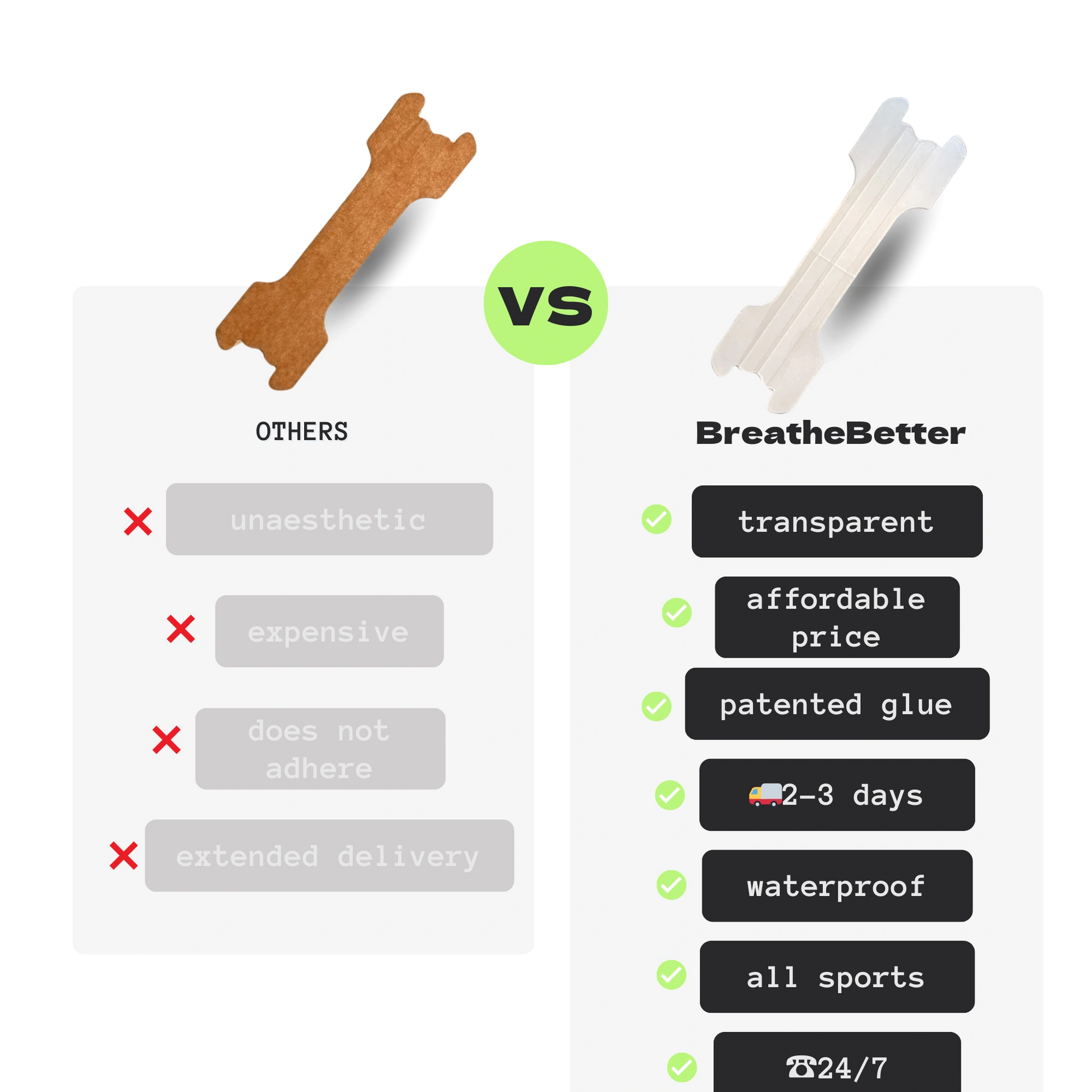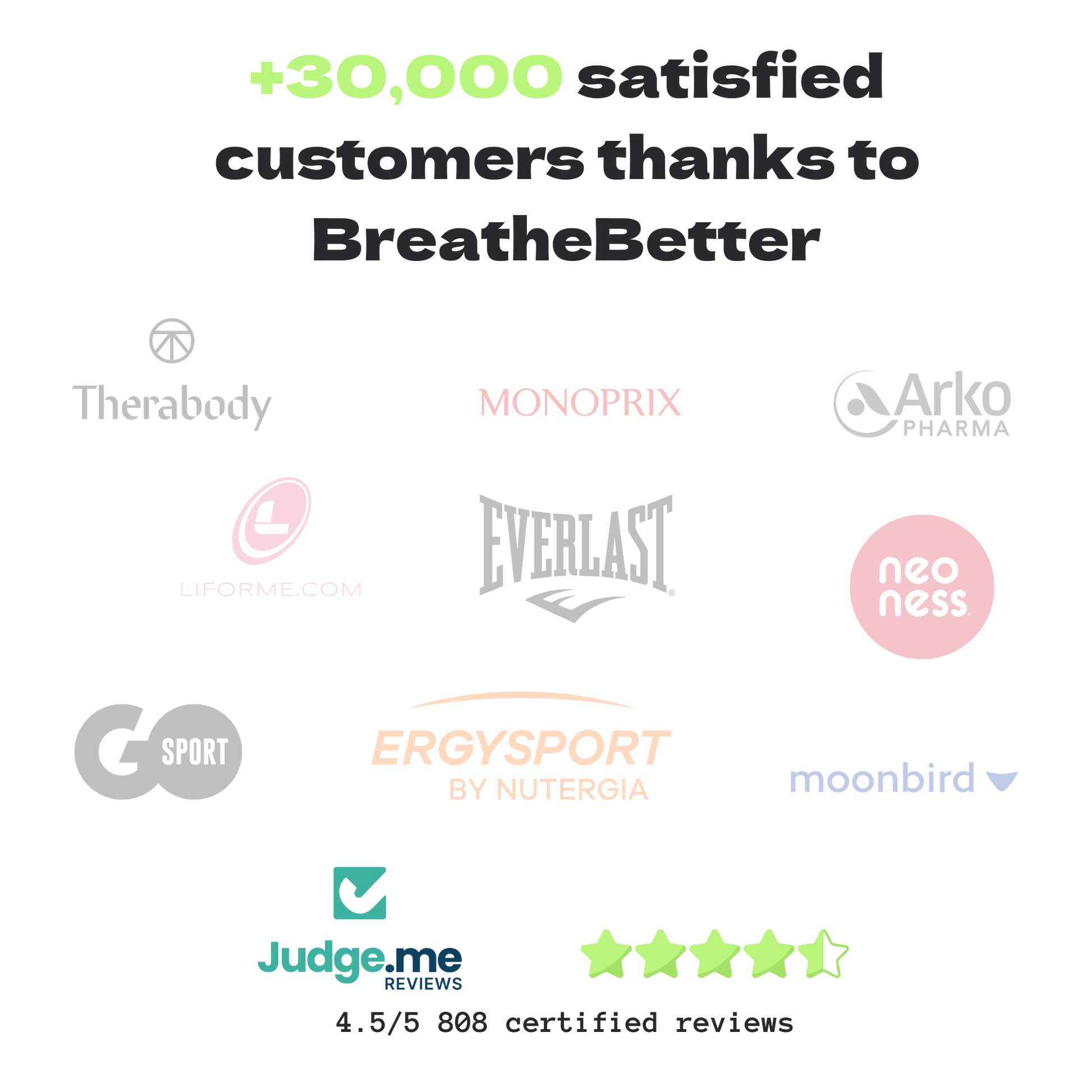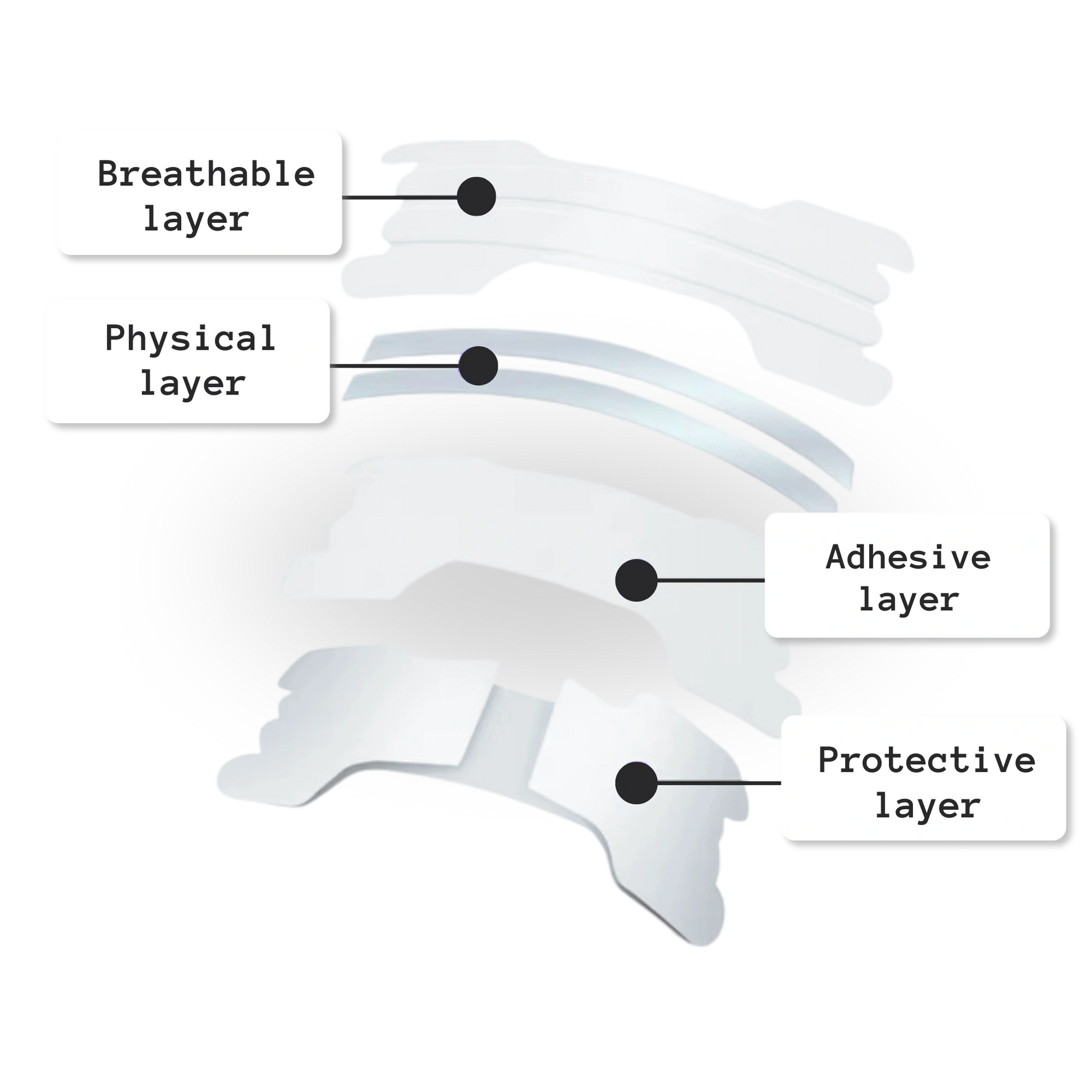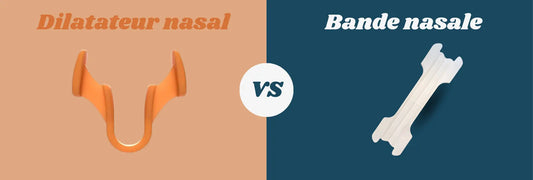Nasal congestion during pregnancy affects more than 30% of pregnant women, often as early as the first trimester. This respiratory discomfort, also known as pregnancy rhinitis, can impact sleep, concentration, and daily well-being. Fortunately, there are natural, effective, and safe solutions for your baby. In this article, discover the causes, tips, and recommended products to help you breathe smoothly again, even while pregnant.
🎯 Looking for a natural way to breathe better during your pregnancy? Try BreatheBetter Nasal Strips now.
To remember
- Pregnancy rhinitis is caused by hormones and increased blood flow.
- It is not related to an infection or allergy.
- Natural solutions exist: humidifiers, nasal washes, nasal strips, etc.
- Avoid vasoconstrictor medications without medical advice.
- BreatheBetter Nasal Strips provide immediate relief with no side effects.
Why do we have a stuffy nose during pregnancy?
Nasal congestion in pregnant women is caused by hormonal changes, including increased estrogen and progesterone. These hormones cause swelling of the nasal mucous membranes and increased mucus production.
This natural phenomenon is called pregnancy rhinitis . It often appears in the second trimester and can last until delivery.
Is it dangerous for the baby?
No. Pregnancy rhinitis is not infectious and does not pose a risk to the fetus. However, disrupted sleep or excessive fatigue in the mother can impact her overall well-being.
Natural solutions to decongest the nose during pregnancy

1. Nasal wash with salt water
Rinsing with an isotonic seawater spray or a neti pot helps cleanse mucous membranes and loosen secretions. It is 100% natural and safe.
2. Air humidifier
Air that's too dry can increase congestion. Using a humidifier in your bedroom can help you breathe better, especially at night.
3. Elevate your head while sleeping
Sleeping with an extra pillow helps facilitate nasal drainage and limit the feeling of a stuffy nose.
4. Use nasal strips
BreatheBetter Nasal Strips work mechanically to open the nostrils. They improve airflow without any medication or side effects. View product.
5. Essential oils: be careful!
Some decongestant essential oils (such as eucalyptus) are contraindicated during pregnancy. Always seek the advice of a healthcare professional.
Treatments to avoid during pregnancy
Vasoconstrictor nasal sprays (such as Otrivine and Humex) should not be used without medical advice. They can have adverse effects on maternal and fetal blood circulation.
BreatheBetter Nasal Strips Reviews
⭐ Alice, 32 years old – 2nd trimester
“I had a constantly blocked nose at night. With BreatheBetter strips, I was finally able to get back to restful sleep without medication. Ultra effective and easy to use.”
⭐ Léa, 27 years old – end of pregnancy
“I was skeptical, but I was amazed. They really open my nostrils and I breathe much better, even during the day. I recommend them to all expectant mothers!”
Conclusion: Breathing freely when pregnant is possible
Nasal congestion during pregnancy is common but manageable with natural, safe, and effective solutions. Rinsing, humidifying, posture, and especially nasal strips can really make a difference in your daily comfort.
✅ Discover our BreatheBetter nasal strips for immediate relief, safe for your baby.

